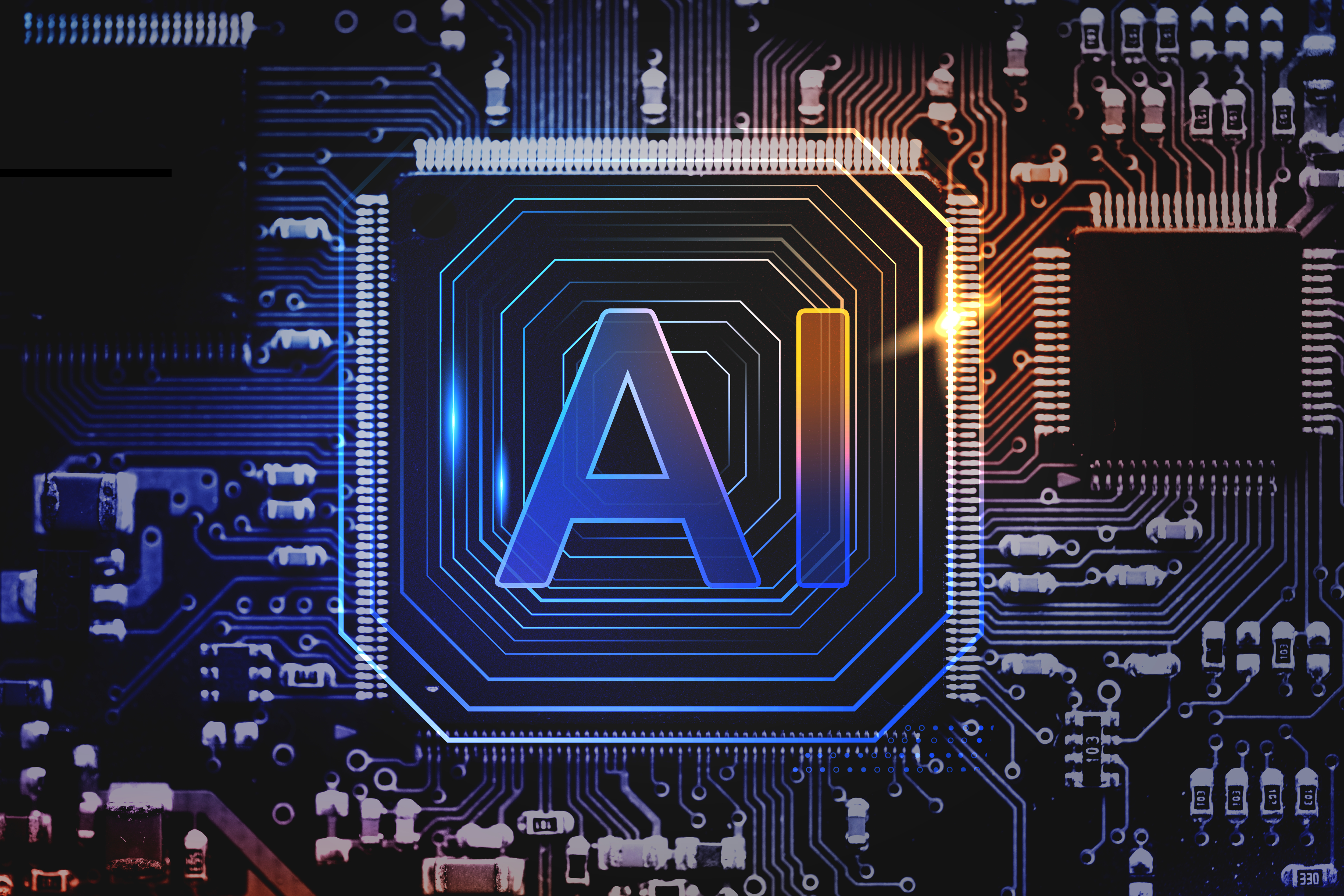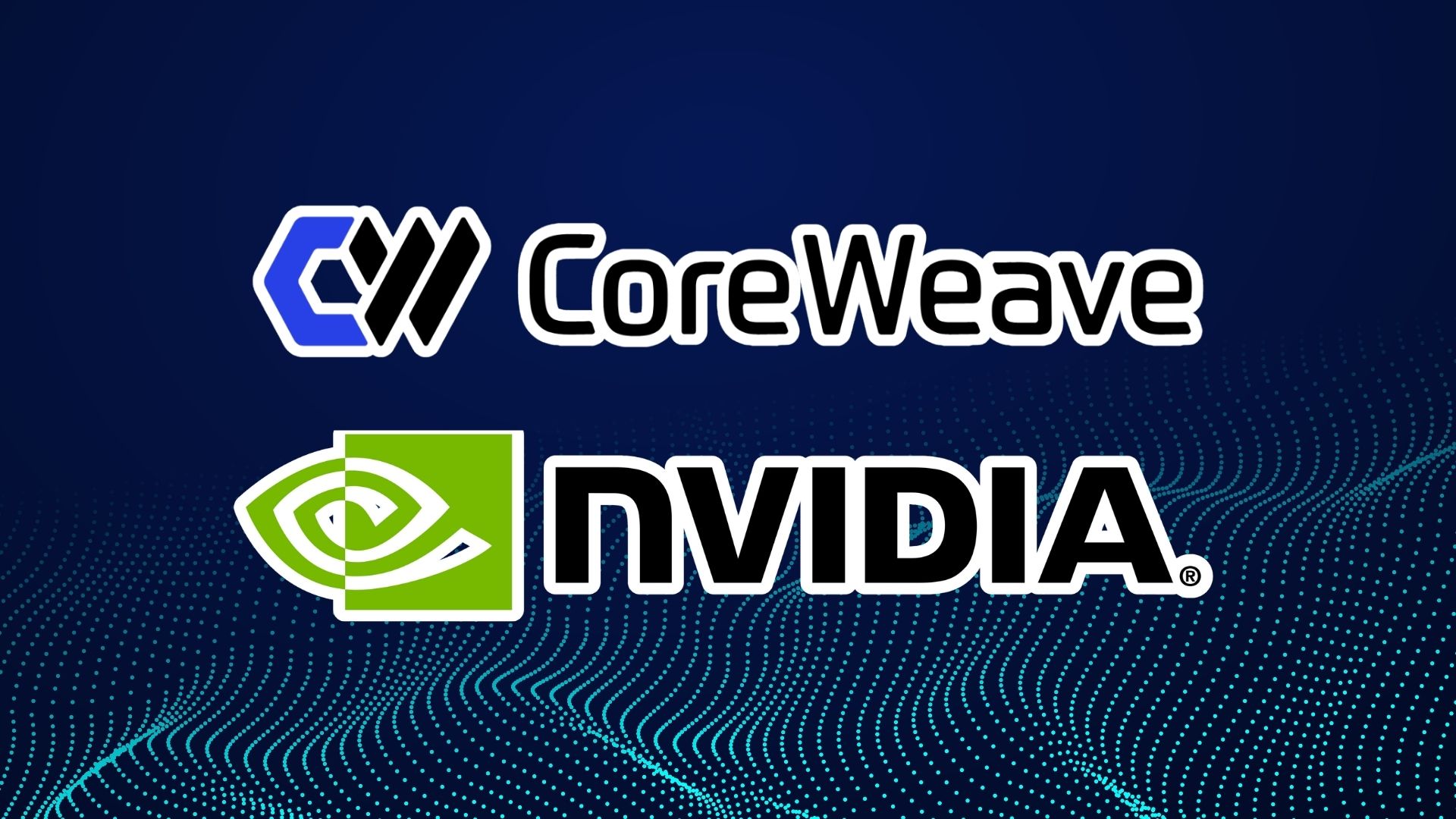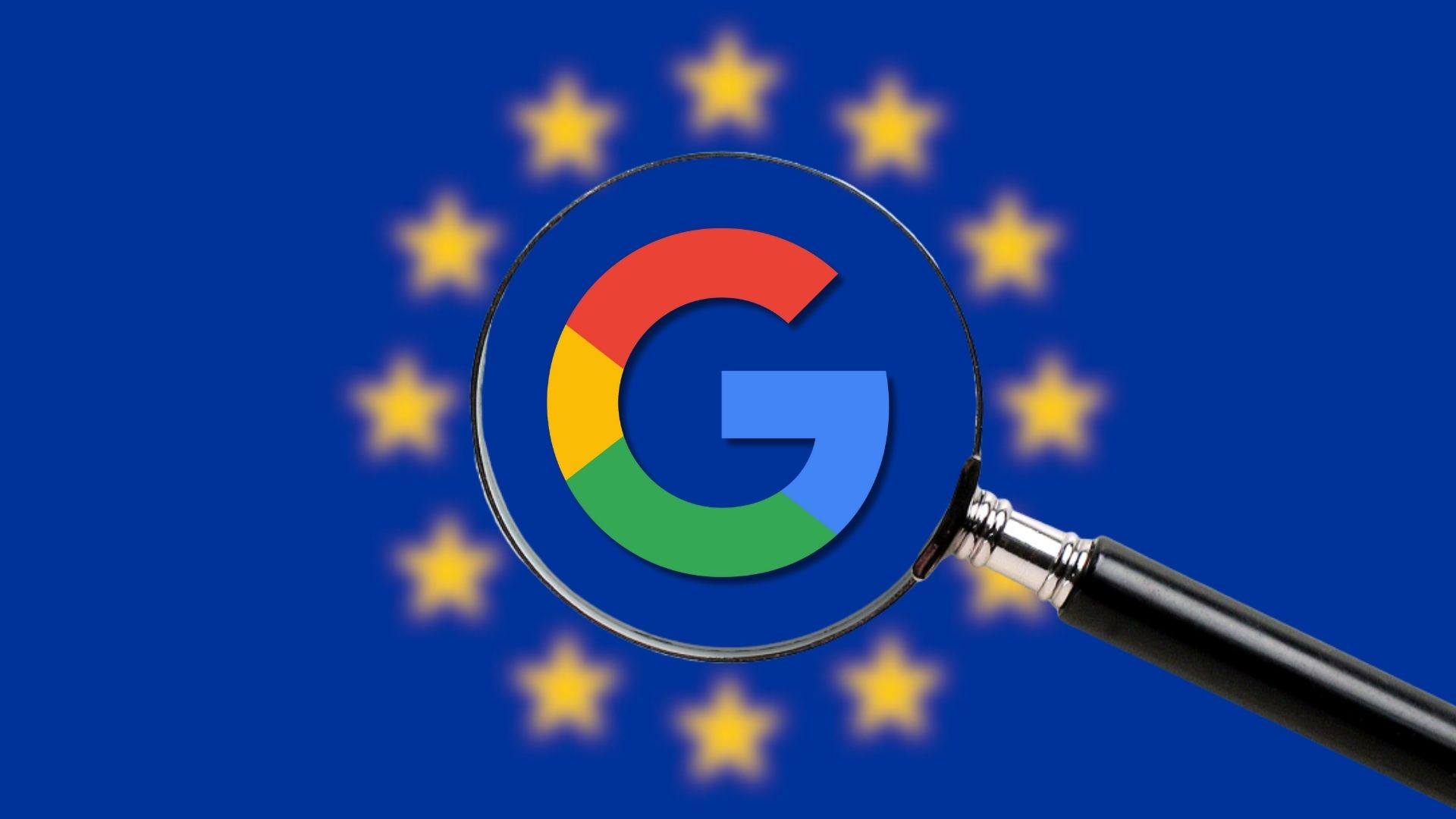Jason Stockwood, the UK investment minister, has suggested that a universal basic income could help protect workers as AI reshapes the labour market.
He argued that rapid advances in automation will cause disruptive shifts across several sectors, meaning the country must explore safety mechanisms rather than allowing sudden job losses to deepen inequality. He added that workers will need long-term retraining pathways as roles disappear.
Concern about the economic impact of AI continues to intensify.
Research by Morgan Stanley indicates that the UK is losing more jobs than it is creating because of automation and is being affected more severely than other major economies.
Warnings from London’s mayor, Sadiq Khan and senior global business figures, including JP Morgan’s chief executive Jamie Dimon, point to the risk of mass unemployment unless governments and companies step in with support.
Stockwood confirmed that a universal basic income is not part of formal government policy, although he said people inside government are discussing the idea.
He took up his post in September after a long career in the technology sector, including senior roles at Match.com, Lastminute.com and Travelocity, as well as leading a significant sale of Simply Business.
Additionally, Stockwood said he no longer pushes for stronger wealth-tax measures, but he criticised wealthy individuals who seek to minimise their contributions to public finances. He suggested that those who prioritise tax avoidance lack commitment to their communities and the country’s long-term success.
Would you like to learn more about AI, tech and digital diplomacy? If so, ask our Diplo chatbot!










